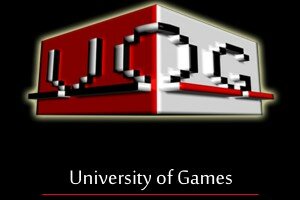Photo: HumanIPO
Mullenwag spoke to HumanIPO at the Unreasonable at Sea conference last week in Cape Town.
Developments similar to Google’s Reader experience are underway, as well as new features enabling users to be more connected.
Enhanced connection options to social media such as tumblr, Facebook and Twitter, as well as access to statistics are imminent.
This will allow users to have a larger presence on social media connected to their WordPress sites or blogs as well as heighten the surface distribution of the template.
Mullenwag says he owes the WordPress success to it being an “excellent product, well developed and faster” compared to other content management systems (CMSs).
“It started with an open source idea which is now constantly evolving as the result of a process which is totally agnostic,” he said. “Quality is key and to democratise publishing.”
Although Mullenwag declined to comment on the particulars of the recent debacle over South Africa’s Free State website, which was allegedly also a WordPress site, he did say it certainly worked in their favour due to increased publicity.
“I can't speak to any issues that might imply with government, but I will say that even though WordPress doesn't cost anything, it's very valuable software.
“A local friend told me that interest in their WordPress training classes went through the roof after that news came out.”
While there is not a particularly large African user count of WordPress users at present, the internet entrepreneur is conscious of Rwanda and South African-based bloggers.
Mullenwag, who served as a judge on the panel to evaluate unreasonable entrepreneur pitches, “feel(s) responsibility as a successful entrepreneur to help out public service”.
He was especially impressed by the winner biomimicking startup Protei, which plans to use open source hardware as part of their operations.
“Open source gives freedom. It is a good platform for ownership to do almost anything,” he said. “It’s the ultimate beta user experience on open web.”
When it comes to experimenting with new ideas, Mullenwag said: “With design companies there is a constant failure.
“If you do not have failing, you do not have success – there is not one without the other.”
“Nine out of ten times your new idea will not work. If failure is rare, nothing is happening. It may be that your experiment was very bold.”
He deems building on existing ideas more powerful than claimed originality, which is often suspicious with regards to research knowledge of existing services and products.
According to Mullenwag, competition is a good aspect “to leverage effectively”.











































